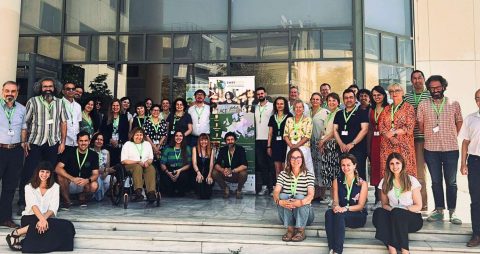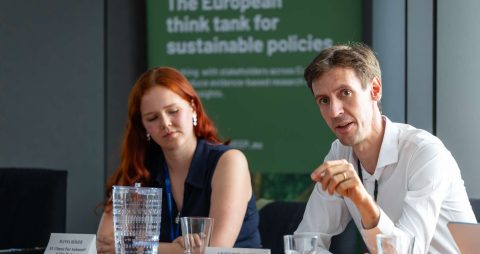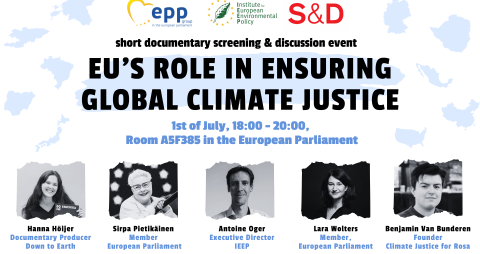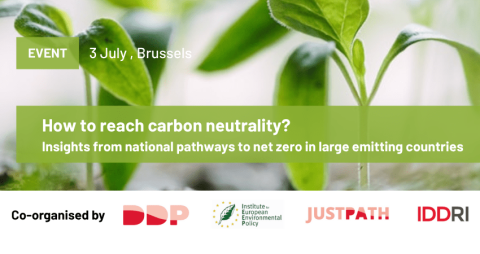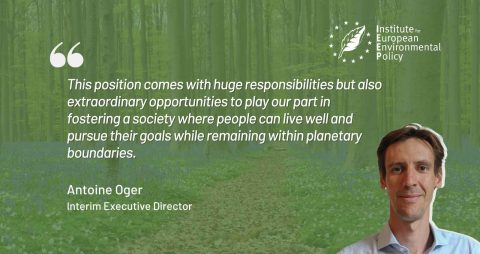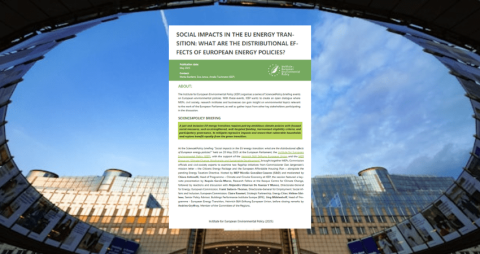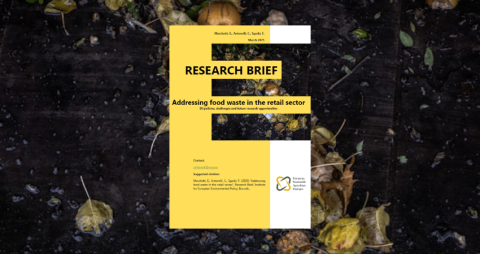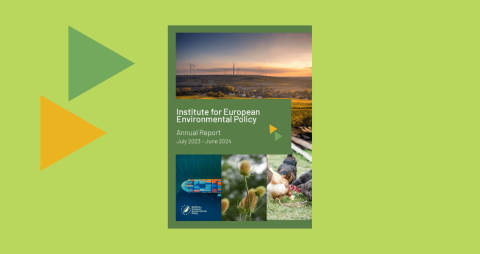Climate and Circular Economy
For more information
on the Climate and Circular Economy programme, please contact:

Chiara Antonelli
Head of programme
Environmental governance
The environmental governance team covers strategic questions and examines the mechanics and processes behind the formulation and implementation of environmental policies. Our work is spread across a wide, often cross-cutting, range of issues.
Key tasks include monitoring current developments in EU environmental policy, including the role of the budget, assessing environmental policy integration and policy coherence, conducting impact assessment and policy evaluation studies, evaluating policy implementation and enforcement, and looking at the global dimension of European environmental policy.
At its founding in 1957, the then European Economic Community (EEC) did not have an environmental dimension. Today the EU has some of the most progressive environmental policies in the world. EU legislation has played a vital role in improving habitat and species protection and river management, and has contributed to dramatic improvements in air and water quality and waste management. Although significant challenges remain, it is widely acknowledged that EU policy has successfully reduced a number of pressures on the environment and stimulated investment in more sustainable economic growth.
The EU has developed a ‘tool box’ of policy instruments, approaches and strategies with which to pursue its environmental objectives. It has also adopted a number of cross-cutting strategies and approaches to policy making to provide the overarching context for environmental decision-making. These are seen to be increasingly significant to the environmental debate in Europe.
Over the years the EU has taken on a growing leadership role in the global context.
Latest news
- , Blogs
- , Events
- , Events
- , Blogs
Latest publications
- , Briefings
- , Briefings
- , Reports
- , Briefings
- , Briefings
- , Annual reports

